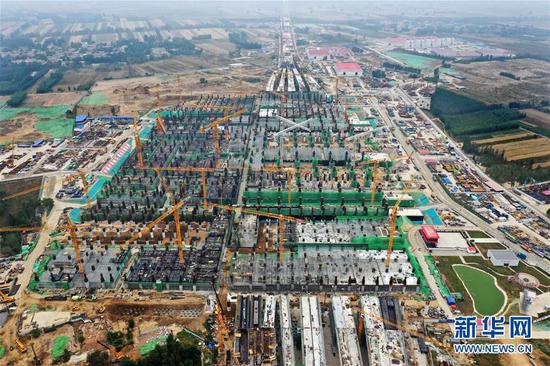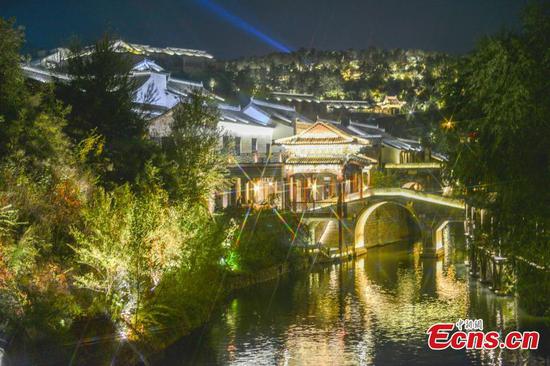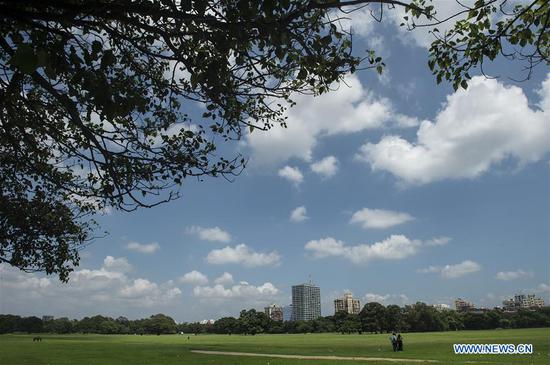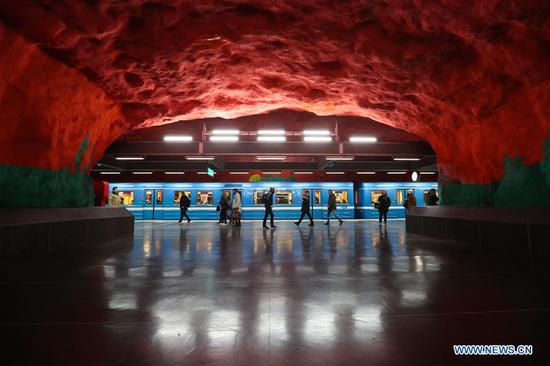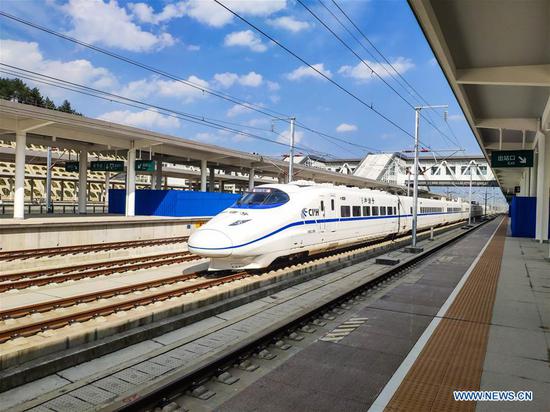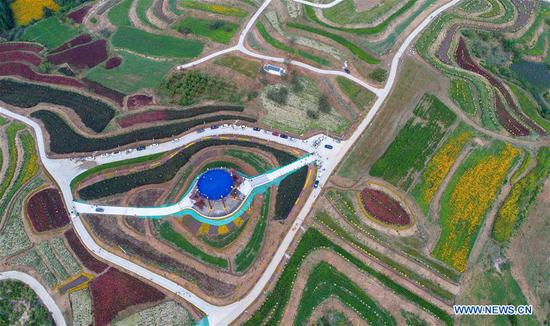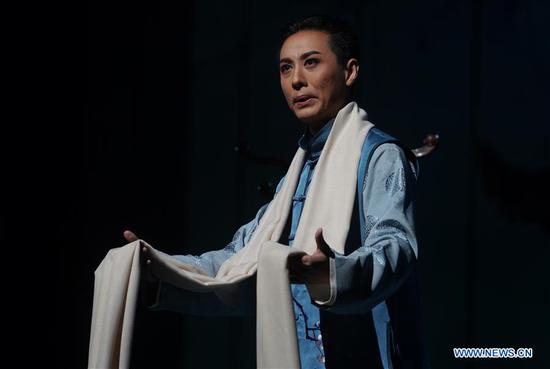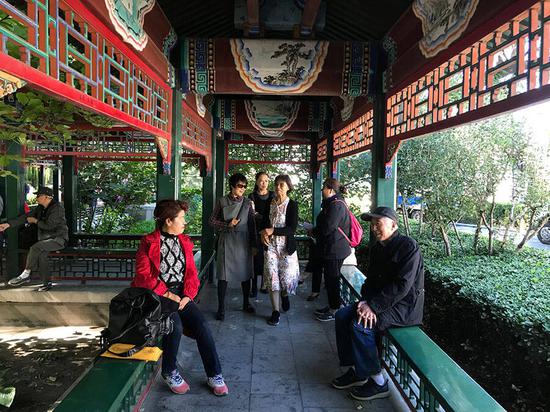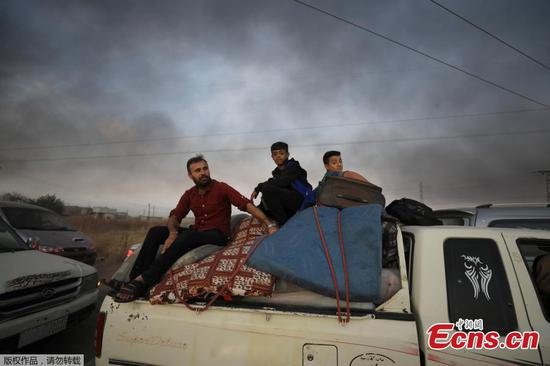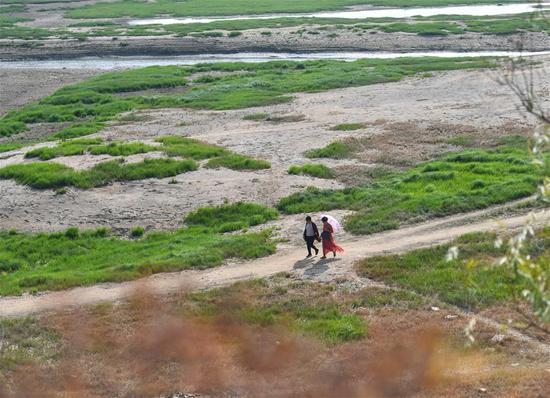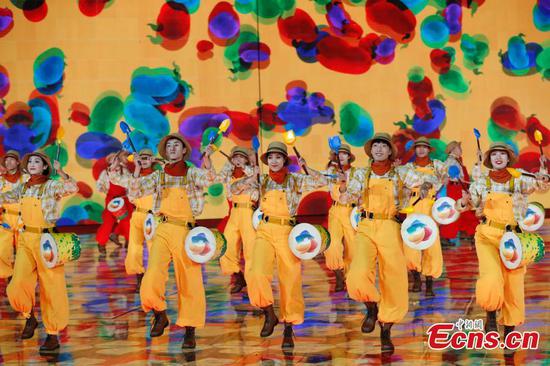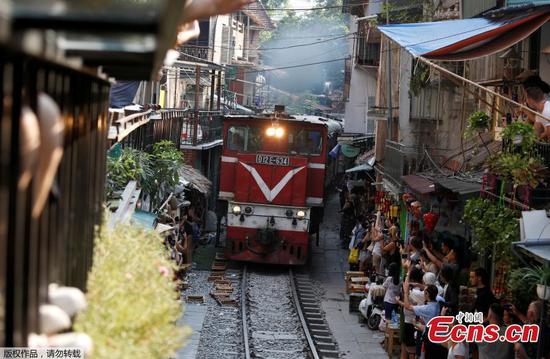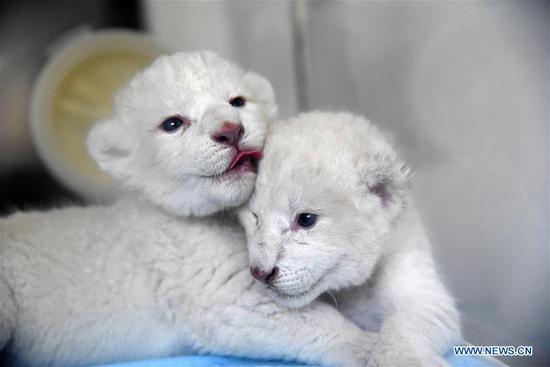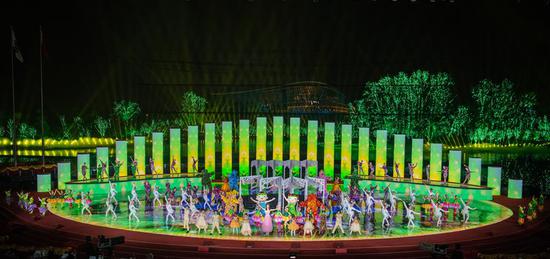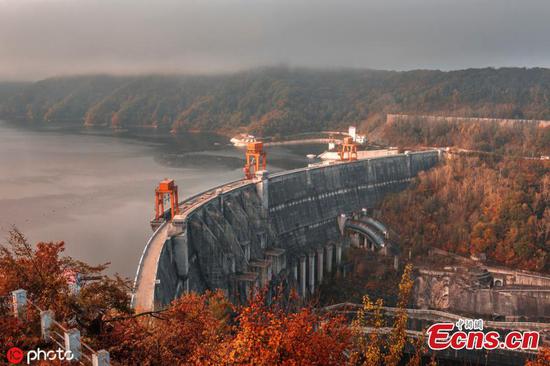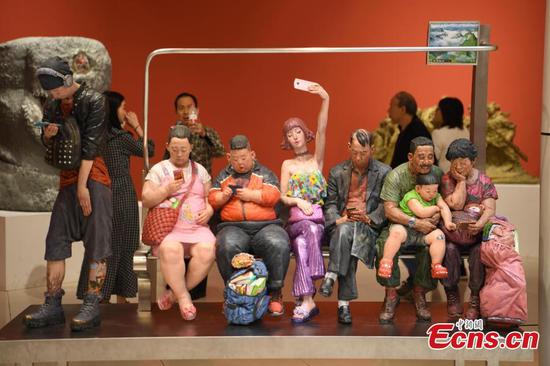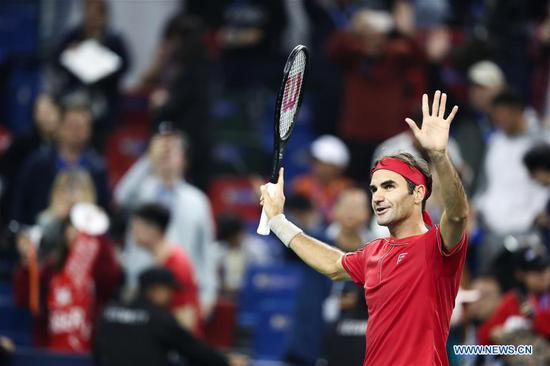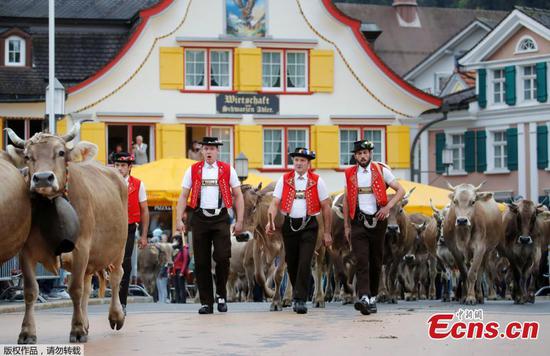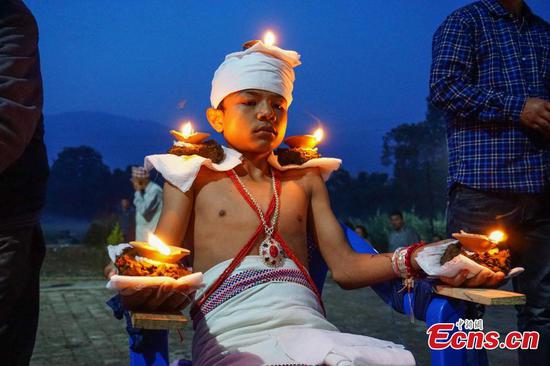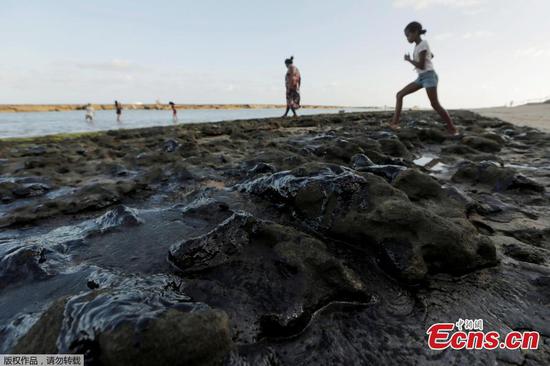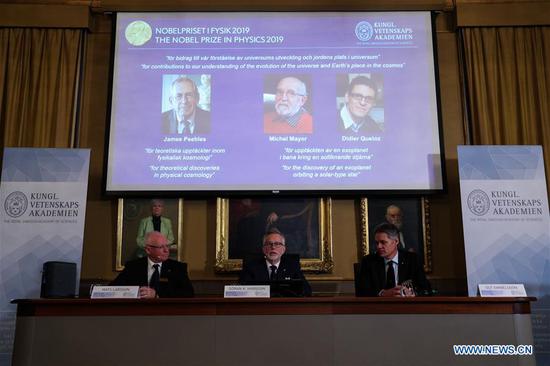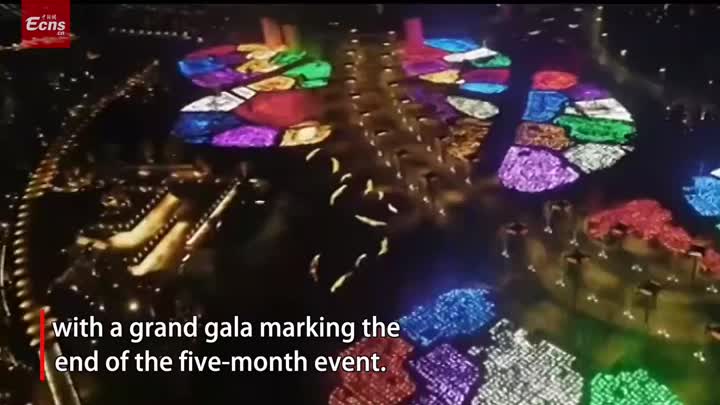Larger roles
Western analysts have questioned the resilience of Sino-Indian relations, asking if the two countries can work together toward greater global security.
Zhang Guihong, director of the Center for UN Studies at Fudan University in Shanghai, said that as long as territorial disputes remain unsettled, mistrust will always exist, but it is important to prevent the disputes from escalating into conflict.
"To build mutual trust, we need — bilaterally — to strengthen our economic relations and promote people-to-people contact, and regionally, to deepen our cooperation in Southeast, Central and South Asian affairs and to jointly build an Asian community with shared future for humanity," said Zhang.
Among the five permanent UN Security Council members, China is the largest contributor to peacekeeping personnel.
As large developing countries, China and India have similar goals such as poverty reduction and cleaner air, but they need to do more to coordinate efforts at the UN on global issues such as climate change.
"I do not see any substantial coordination at the UN on this issue (climate change) but there is some coordination through BRICS and G77," Zhang said.
BRICS refers to Brazil, Russia, India, China and South Africa, while the Group of 77 at the UN is a coalition that now comprises 134 developing countries. There were 77 founding members.
Lu Yang, a research fellow with the Institute of BRI Studies at Tsinghua University, said China and India have "different understandings" about the Belt and Road Initiative, but this should not affect their "practical cooperation" on specific projects.
The Asian Infrastructure Investment Bank is a good example of such cooperation, she said.
Sino-Indian relations have long been guided by pragmatism.
Li, from Tsinghua University, who is also deputy secretary-general of the World Peace Forum, a diplomatic think tank backed by the Chinese government, said, "Developmental cooperation is pragmatic, but it doesn't mean that we don't want strategic cooperation.
Zhang said: "We need to define our relationship from the strategic perspective, with bilateral, regional and global dimensions. Similar to France and Germany in Europe, China and India should take the lead on multilateralism in Asia."
He added that cooperation on regional and global affairs would help to enhance mutual trust.
Ancient links
Mamallapuram (previously Mahabalipuram), a UNESCO World Heritage site in southern India known for its architecture and where part of this year's summit is scheduled to be held, is a seaside town that linked the two countries in ancient times, when India traded spices for silk with China.
Southern India had other connections with China. Bodhidharma, recognized as an early patriarch of the Shaolin monastic order that gave kung fu to the world, went from the region to Central China, and is said to have also contributed to the development of Chinese Zen Buddhism.
In 1938, Dwarkanath Kothnis, an Indian doctor arrived in Wuhan on a mission to help Chinese people during the Japanese invasion. He died in China and later became well-known in both countries.
In addition to the weekend talks in Chennai and Mamallapuram, about 60 kilometers away, Modi will host Xi to lunch and dinner by the Bay of Bengal, according to Indian media reports.
Indrani Bagchi, diplomatic editor of The Times of India, said: "We are not just two big nations sitting side by side across the Himalayas. We are two ancient civilizations where statecraft was virtually invented."
The two governments recently emphasized culture as "a bridge", and this area will likely be discussed at the summit.
Cultural exchanges between China and India date to ancient times, said Tan Fei, a Beijing film critic who keeps an eye on the performance of Bollywood movies at the Chinese box office.
While the Chinese market has opened up for Hindi movies in the past three years or so, enthusiasm has waned recently.
"Bollywood should focus on the quality of movies, not the quantity. Too many of the same kind (genre) can lead to audience fatigue," Tan said.
In her 2017 book China-India Relations in the Contemporary World, Lu from the BRI Institute discussed India's "national interest and identity". She argued that the nation-building process in India has been more complicated than in China, owing to factors such as diverse languages, religions and ethnicity. As a result, India's policy priority has been "domestic-oriented".
"Reflected in the present context of geopolitics, there is a gap between India's desire and capability to achieve the status in the world that can match the glory of a civilization state," she said.
Zhang described the current state of Sino-Indian ties as "coopetition," meaning "cooperative competition".
Li described the ties as "stable and predictable", drawing a parallel between the Chinese Dream and aspirations for a "new India".
Kondapalli, from Jawaharlal Nehru University, said India and China are driven by their top leaders, adding that while there is turbulence in relations, "the leaders can handle it".
Analysts gave a mixed response to the future for China-India relations.
Bagchi, the diplomatic editor, said she has realistic expectations, adding: "It's a complex relationship. We will have good weeks and bad weeks."
Long, from South West Normal University, said he is cautiously optimistic and that the success of last year's summit had improved mutual strategic confidence.
This year's summit will signal the direction in which Sino-Indian relations are headed.










